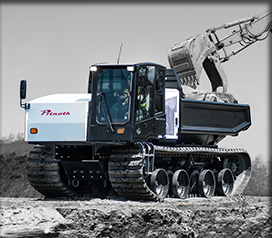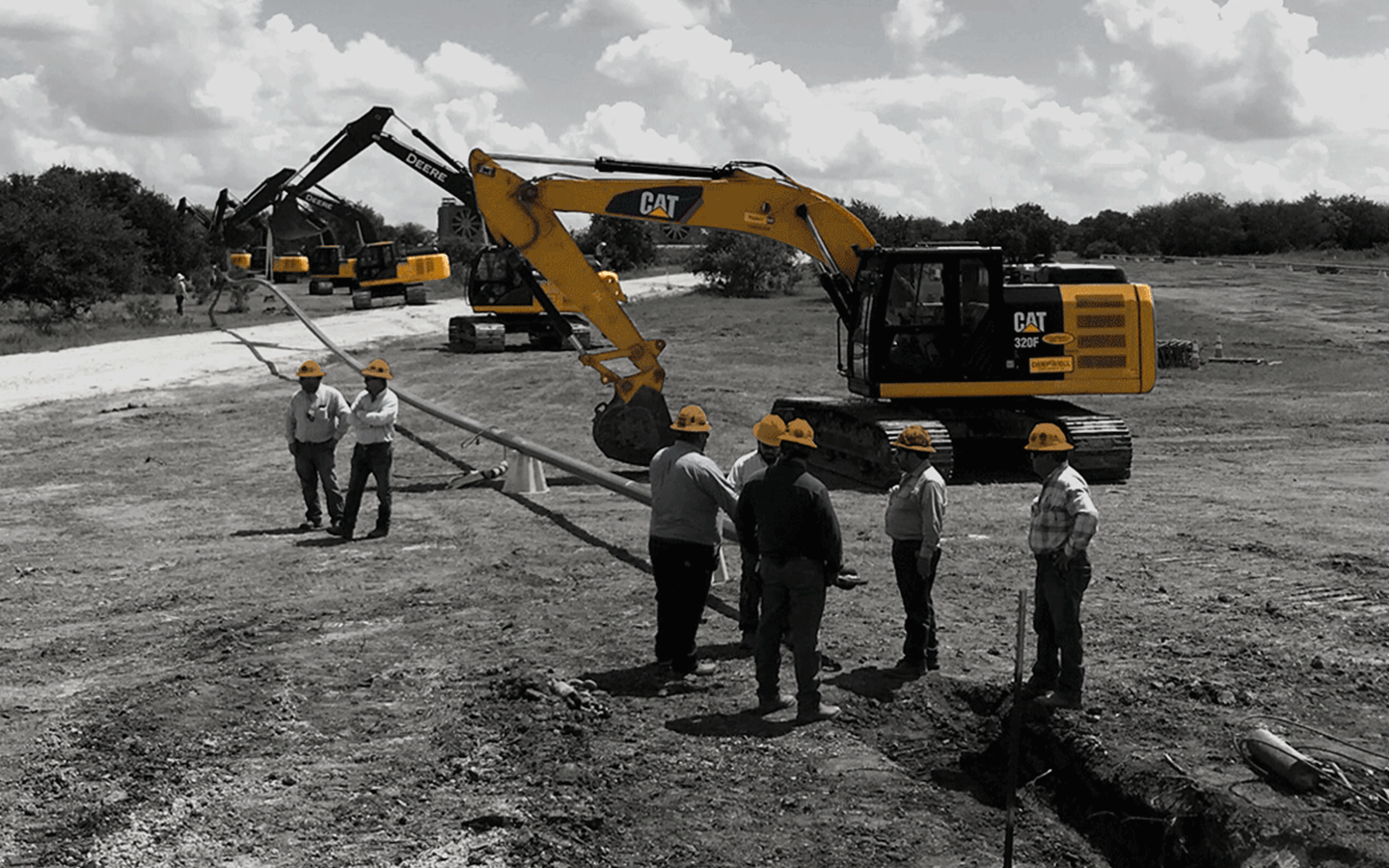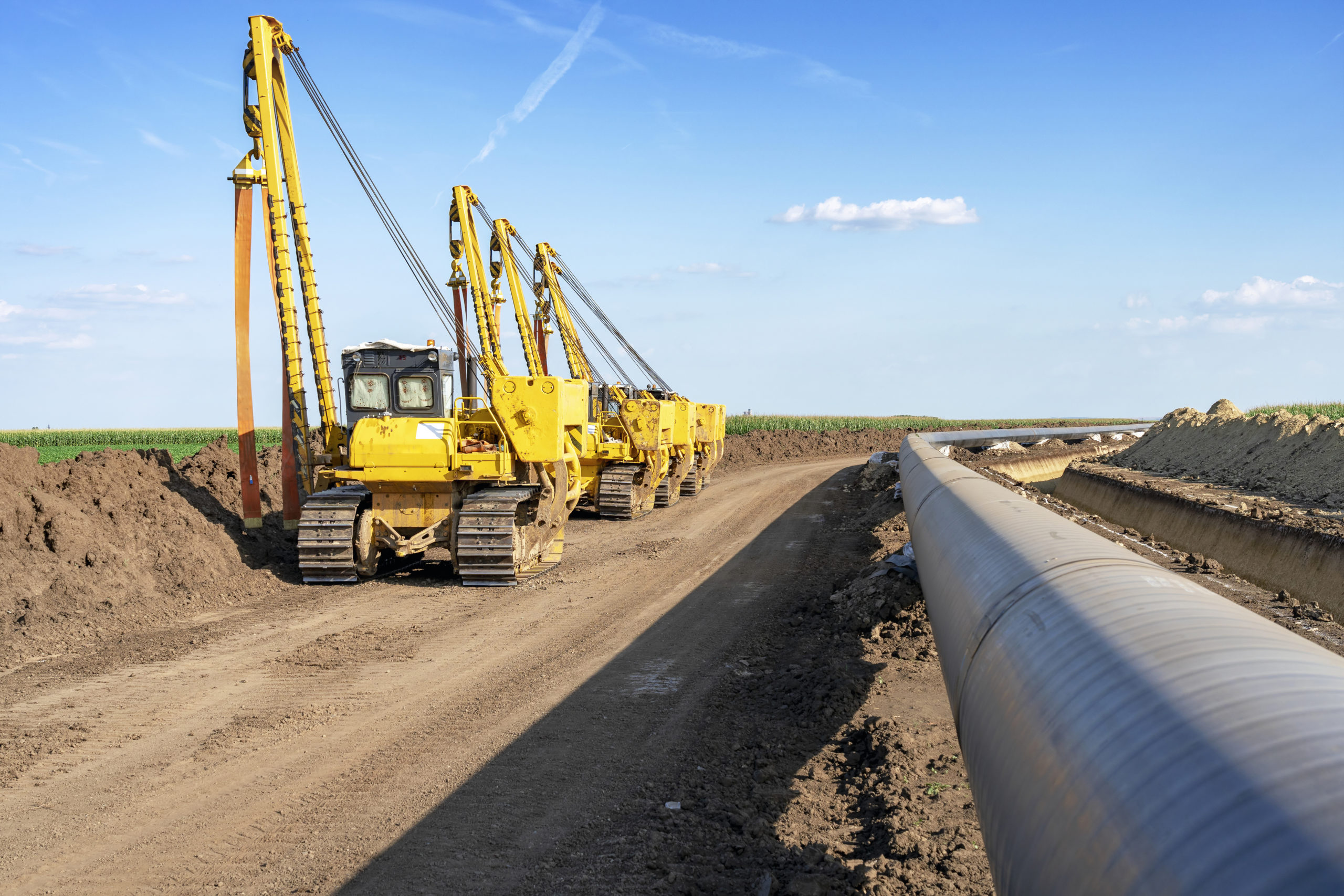Superior Rentals Contact: customer support experience
Wiki Article
A Comprehensive Overview to the Numerous Kinds of Oil Field Equipment and Pipeline Equipment Available
The oil and gas sector counts greatly on specialized equipment for efficient extraction and transportation. Different kinds of equipment, from piercing rigs to storage space containers, play vital roles in this complicated process. Each item of devices serves distinct functions that contribute to overall operational success. Understanding these elements is essential for anybody included in the industry. As the market develops, so as well do the innovations that support it. What improvements are on the perspective?
Drilling Rigs: The Backbone of Oil Expedition
Drilling rigs work as the important equipment in the domain of oil expedition, allowing companies to accessibility hydrocarbon books hidden deep underneath the Planet's surface. These rigs are available in various types, consisting of land rigs, offshore rigs, and mobile units, each created to operate in details atmospheres. Outfitted with sophisticated technology, piercing rigs can permeate geological formations with accuracy, guaranteeing reliable source removal. The structural stability and functional capacities of these rigs are crucial, as they have to withstand extreme conditions and substantial stress. Moreover, the option of a boring gear influences the overall project expense and timeline, making it a vital factor to consider for oil companies looking for to maximize their expedition initiatives and take full advantage of performance in their procedures.Pumps: Necessary for Liquid Activity
In the oil extraction procedure, the function of pumps is significant, helping with the movement of liquids throughout numerous phases of manufacturing. Pumps are crucial for moving unrefined oil, water, and various other fluids from below ground storage tanks to the surface area and after that with pipelines to refineries. They come in different kinds, consisting of centrifugal, favorable variation, and submersible pumps, each offering specific purposes based upon the liquid qualities and operational needs. Centrifugal pumps are generally utilized for their efficiency in high-flow applications, while favorable displacement pumps excel in taking care of viscous fluids. The selection of pump impacts total effectiveness, operational safety and security, and upkeep costs. Appropriate selection and upkeep of pumps are crucial for optimizing production and minimizing downtime in oil area operations.Shutoffs: Controlling Flow and Pressure

Shutoffs play an essential role in handling the flow and stress of liquids within oil fields and pipelines. Different kinds of valves serve distinctive applications, each developed to satisfy particular features basic for reliable procedure - Superior Rentals reviews. Recognizing the features and usages of these shutoffs is essential for optimizing system performance and safety and security
Kinds of Valves
Essential components in oil field operations, valves play a vital duty in controlling the flow and pressure of liquids within pipes and devices. Different sorts of valves are utilized to fulfill the varied requirements of oil and gas production. Typical types include gate valves, which provide a straight-line circulation and marginal stress decline; world valves, known for their throttling capabilities; and round shutoffs, identified for their fast on/off control. Furthermore, check valves avoid heartburn, while butterfly shutoffs use a lightweight solution for managing flow. Each shutoff type is created with details materials and configurations to withstand the severe problems often located in oil areas, ensuring integrity and effectiveness in operations. Understanding these kinds is important for efficient system management.Valve Applications and Features
While different sorts of valves offer distinct objectives, their main applications revolve around regulating flow and stress within oil and gas systems. Valves such as gateway, globe, and ball valves regulate liquid movement, making sure peak performance and safety. Entrance valves are commonly made use of for on/off control, supplying very little flow resistance. World valves, on the other hand, deal exact flow law, making them ideal for strangling applications. Sphere shutoffs are favored for their quick operation and limited securing capabilities. Furthermore, stress safety valve are crucial for preventing system overpressure, securing tools stability. Overall, the suitable option and application of shutoffs enhance operational performance, ensuring the reputable transportation of oil and gas through pipelines and processing centers.Compressors: Enhancing Gas Transportation
Compressors play an essential function in the reliable transportation of all-natural gas, guaranteeing that it relocates efficiently via pipelines over fars away. These devices boost the stress of gas, allowing it to get rid of rubbing and elevation modifications within the pipeline system. Furthermore, compressors assist in the harmonizing of supply and need, accommodating fluctuations in usage and manufacturing prices. Various kinds of compressors are used in the industry, including centrifugal, reciprocating, and rotating screw compressors, each offering distinctive advantages based on the operational demands. Normal upkeep of these compressors is necessary to make the most of effectiveness and lessen downtime, inevitably adding to a trusted gas transportation network. Their vital feature emphasizes the importance of compressors in the general oil and gas infrastructure.Storage Tanks: Safe and Efficient Liquid Administration
Efficient transport of gas depends on different supporting systems, one of which is the correct monitoring of tank. These containers play a necessary function in safely consisting of fluids, you can try this out ensuring that operational efficiency is maintained while decreasing ecological dangers. Constructed from sturdy products, they are created to endure high pressures and harsh aspects. Properly sized and purposefully located, storage space containers facilitate the smooth circulation of natural gas and various other liquids, preventing bottlenecks in supply chains. Routine upkeep and tracking are crucial to spot leakages or structural issues, advertising safety and conformity with regulatory criteria. Ultimately, the effective monitoring of tank is essential for the total honesty and dependability of the oil and gas industry's liquid handling systems.
Pipeline Systems: Facilities for Transport
Pipeline systems function as the backbone of the oil and gas market, facilitating the effective transport of hydrocarbons over vast distances. These systems consist of different parts, including pipes, valves, pumps, and compressors, all meticulously developed to ensure smooth flow. The materials utilized in pipeline building, often steel or high-density polyethylene, are chosen for resilience and resistance to rust. Pipeline networks can span across land and water, linking manufacturing websites to refineries and distribution. Furthermore, advanced innovation makes it possible for real-time monitoring of flow prices and stress degrees, improving functional effectiveness. The critical positioning of these pipes decreases environmental impact while optimizing source access, thus playing an important function in conference power needs globally.Safety Equipment: Ensuring Worker and Environmental Management
The operation of pipeline systems, while important for energy transport, additionally provides considerable safety challenges for employees and the atmosphere. Safety tools plays a considerable function in mitigating these risks. Individual safety devices (PPE) such as safety helmets, handwear covers, and non-slip footwear safeguards workers from physical risks. Furthermore, gas discovery systems keep an eye on for leaks, making certain that dangerous substances do not posture a danger to personnel or the bordering community. Emergency situation closure systems are critical for rapidly stopping operations throughout a dilemma, preventing prospective disasters. Spill containment products, including absorbents and obstacles, are fundamental for lessening environmental effect. Generally, purchasing all-encompassing safety and security devices is critical for keeping operational honesty and securing both employees and the atmosphere in the oil and gas field.
Often Asked Concerns
Exactly how Do I Choose the Right Oil Field Equipment for My Project?
Choosing the right oil field equipment involves assessing task requirements, budget plan restraints, and functional requirements. Think about aspects such as devices reliability, compatibility with existing systems, and the distributor's online reputation to assure peak performance and safety.What Are the Upkeep Demands for Oil Field Equipment?
Maintenance requirements for oil field equipment consist of regular inspections, lubrication, and prompt repair work. Operators should likewise follow manufacturer standards, monitor efficiency metrics, and assurance compliance with safety laws to improve longevity and effectiveness.
Just How Can I Ensure Compliance With Environmental Laws?
To assure compliance with environmental guidelines, companies need to perform regular audits, execute finest methods, buy training, maintain proper documentation, and stay updated on regulations (Superior Rentals fusion machines). Collaboration with ecological agencies can additionally boost adherence to lawsWhat Is the Average Lifespan of Pipeline Equipment?
The average lifespan of pipeline equipment typically varies from 20 to half a century, depending upon elements such as my response worldly top quality, environmental conditions, and upkeep methods. Routine examinations can substantially influence longevity and operational efficiency.Exactly how Do I Securely Move Oil Field Equipment to Remote Locations?
Transferring oil field devices to remote places calls for mindful preparation, consisting of course analysis, safeguarding authorizations, making use of appropriate cars, and guaranteeing safety try this site and security methods are adhered to. Correct training and interaction among crews are important for successful transportation.Report this wiki page